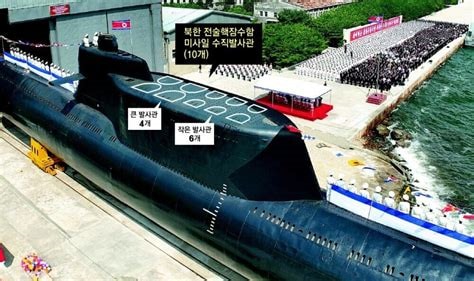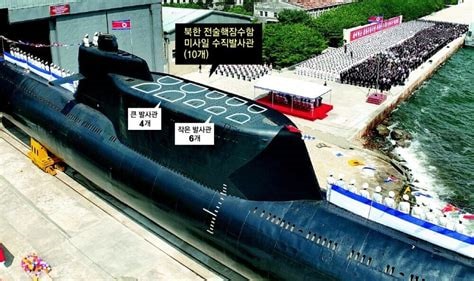
North Korea recently unveiled its first nuclear-powered submarine, a significant development in its growing military arsenal. The Korean Central News Agency (KCNA) described this submarine as a game-changing asset capable of launching missiles from underwater, raising alarms about its potential to destabilize security in the region. Experts view this move as a strategic leap, intensifying military tensions with neighboring South Korea and the United States.
Kim Yo-jong, a prominent North Korean figure, issued a stern warning that the country would continue enhancing its strategic capabilities in direct response to the United States military activities in the region. Her statement reflects North Korea’s deep-seated view of U.S. military demonstrations as provocative and escalatory. This growing war of rhetoric between nations underscores the fragile and volatile nature of the region’s geopolitical landscape.
Military analyst Moon Keun-sik weighed in on the matter, suggesting North Korea might have collaborated with Russia to acquire the technological expertise necessary for the submarine’s construction. While these claims remain unconfirmed, they highlight the possibility of international cooperation in the proliferation of military technology, adding another layer of complexity to an already tense situation.
The unveiling of this submarine marks a significant turning point in North Korea’s military strategy. Nuclear-powered submarines provide stealth, endurance, and extended operational capabilities, enabling their operators to conduct long-range missions and evade detection. For North Korea, this advancement is a bold step toward reinforcing its deterrence strategy and asserting its position on the global stage.
The international community faces a challenging task in addressing this development. Efforts to mitigate the security risks posed by North Korea’s military advancements require careful diplomatic navigation and a focus on fostering dialogue and de-escalation. However, with both sides—North Korea and its perceived adversaries—continuing to engage in actions and rhetoric that fuel tension, the prospect of finding a peaceful resolution remains uncertain.
This pivotal moment starkly reminds us of the complex interplay of military advancements, international relations, and regional security. As North Korea continues to assert its ambitions, the ripple effects of this development are likely to be felt far beyond the Korean Peninsula. The world will be watching closely to see how this situation unfolds and what it may mean for the broader balance of power.




